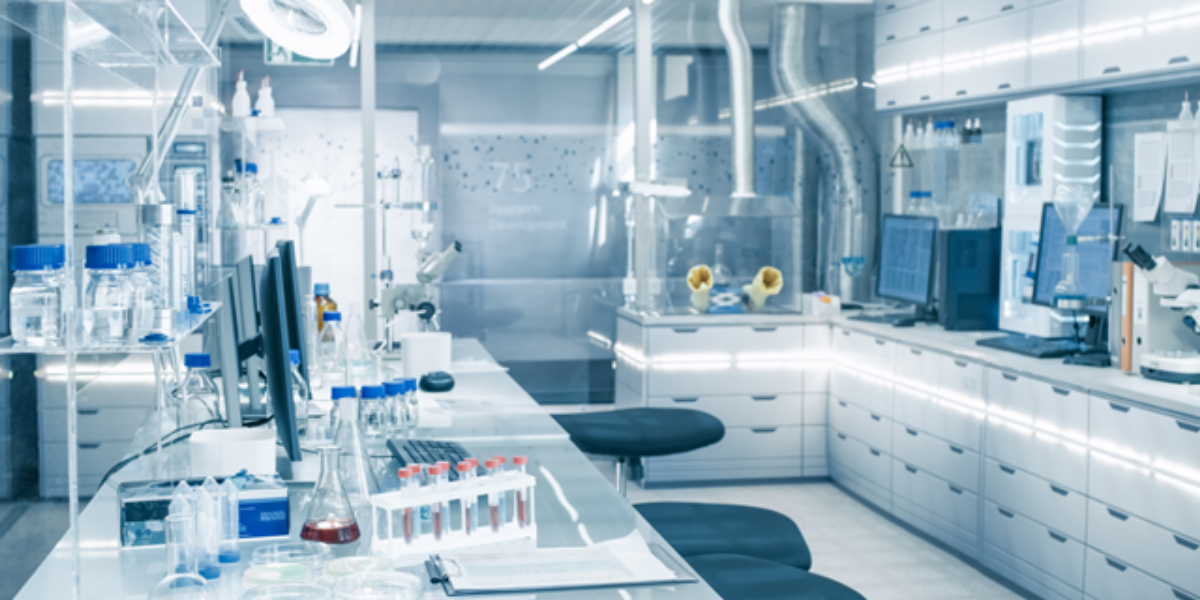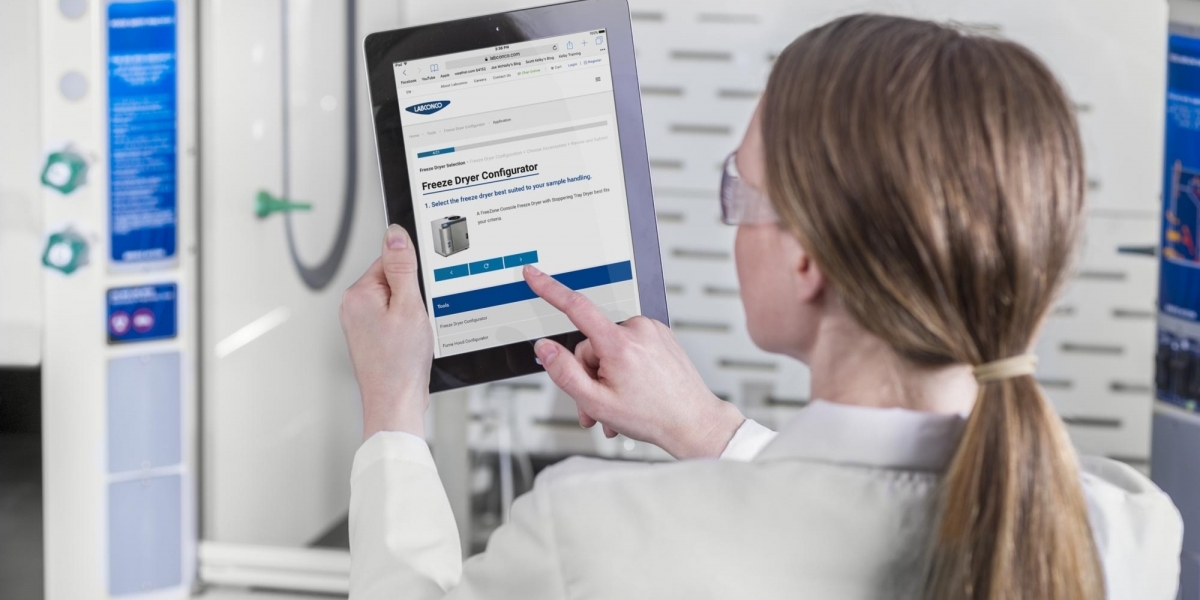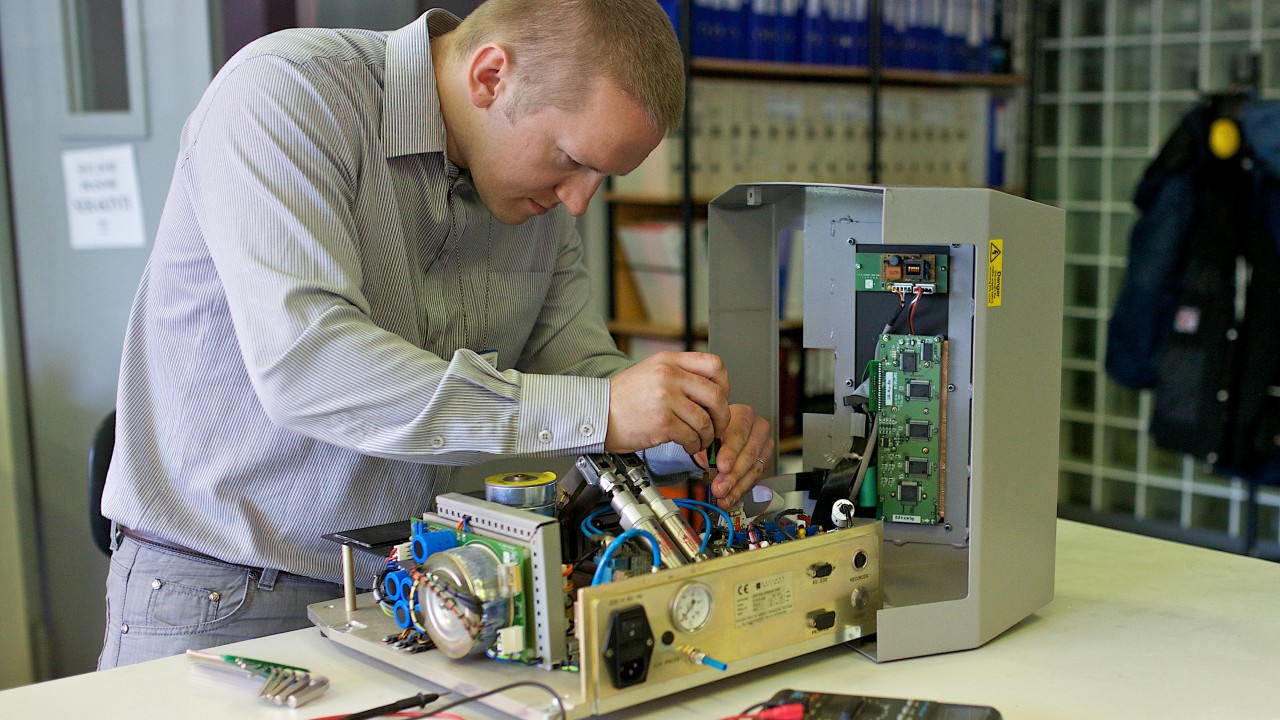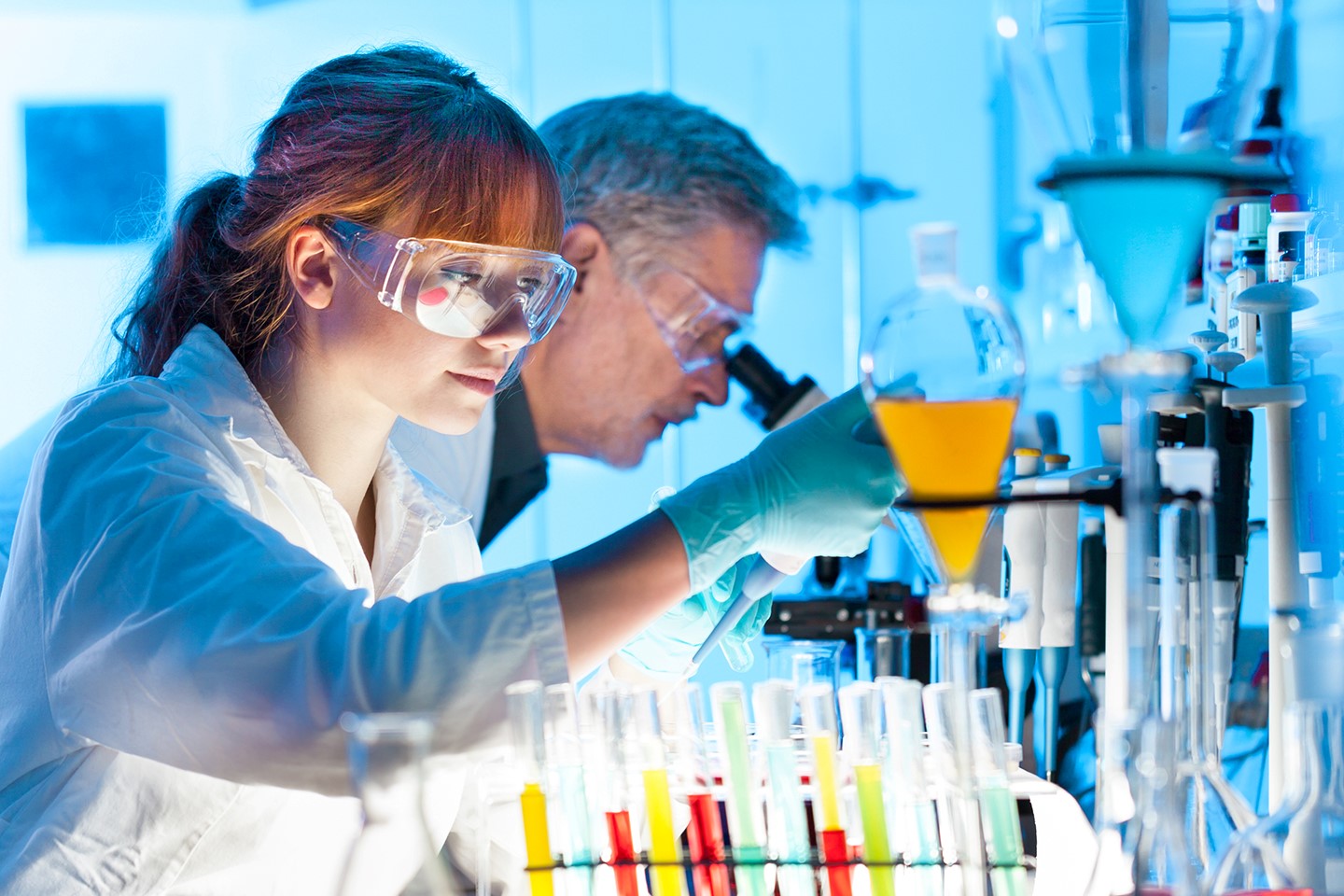

By the end of this course delegates will be able to:
Research Directors Laboratory managers, Laboratory operators, quality managers, laboratory staff, chemists, chemical engineers.
Day 1
Day 2
Day 3
Day 4
Day 5
CDGA Consultant certificate will be issued to 80 % attendees completing minimum of full of the total tuition hours of the course.
| Code | Date | Venue | Fees | Register |
|---|---|---|---|---|
| LAB111-02 | 10-05-2026 | Dammam | USD 5450 | |
| LAB111-03 | 09-08-2026 | Dubai | USD 5450 | |
| LAB111-04 | 15-11-2026 | Cairo | USD 5450 |

The need for ensuring consistent and high quality products requires continuous measurements and control of processes. Much of this measurement takes place in laboratories through the use of standardiz ...

The growth of modern technology has confronted the analytical chemist with a host of new and increasingly complex materials, and has posed more stringent demands for greater sensitivity, reliability, ...

Efficient use of advanced operations and instruments in the chemical laboratory are vital tools to solve any laboratory problem. The course provides basic laboratory analysis methods and troubleshooti ...
Providing services with a high quality that are satisfying the requirements
Appling the specifications and legalizations to ensure the quality of service.
Best utilization of resources for continually improving the business activities.
CDGA keen to selects highly technical instructors based on professional field experience
Since CDGA was established, it considered a training partner for world class oil & gas institution
3012, Block 3, 30 Euro Business Park, Little Island, Co. Cork, T45 V220, Ireland
Mon to Fri 09:00 AM to 06:00 PM
Contact Us anytime!
Request Info